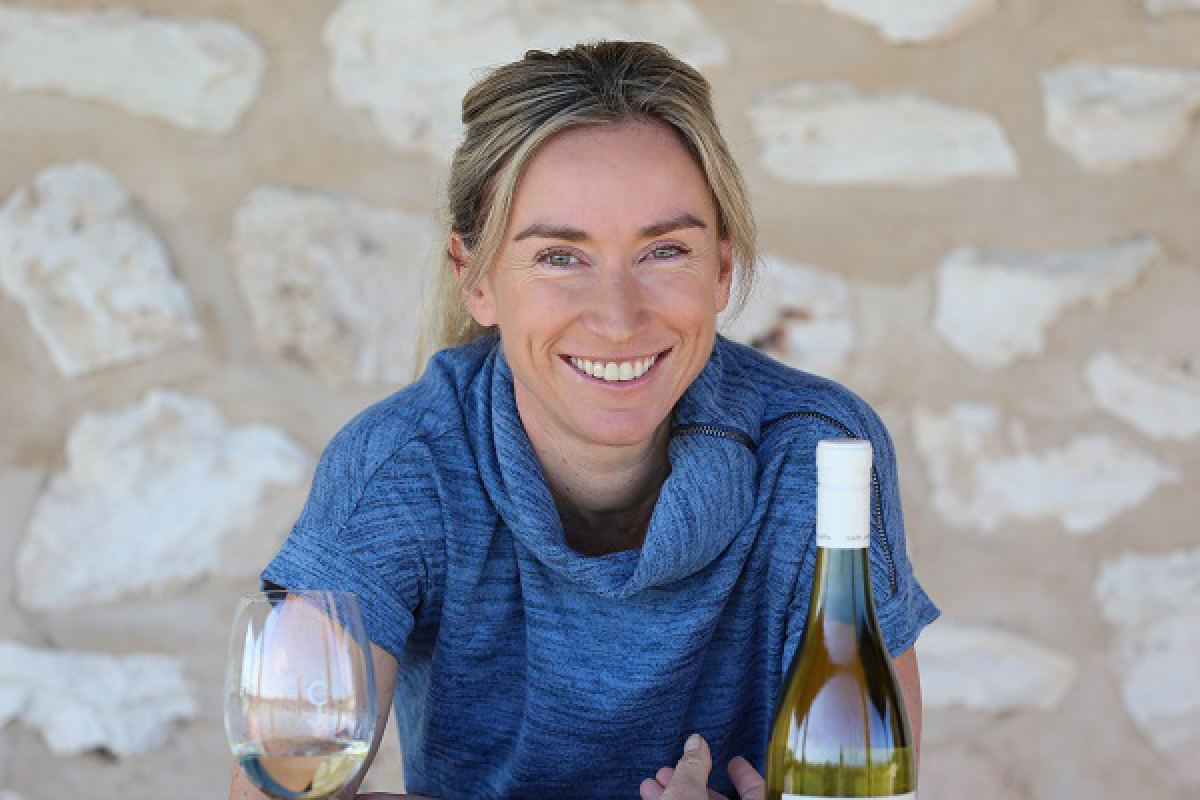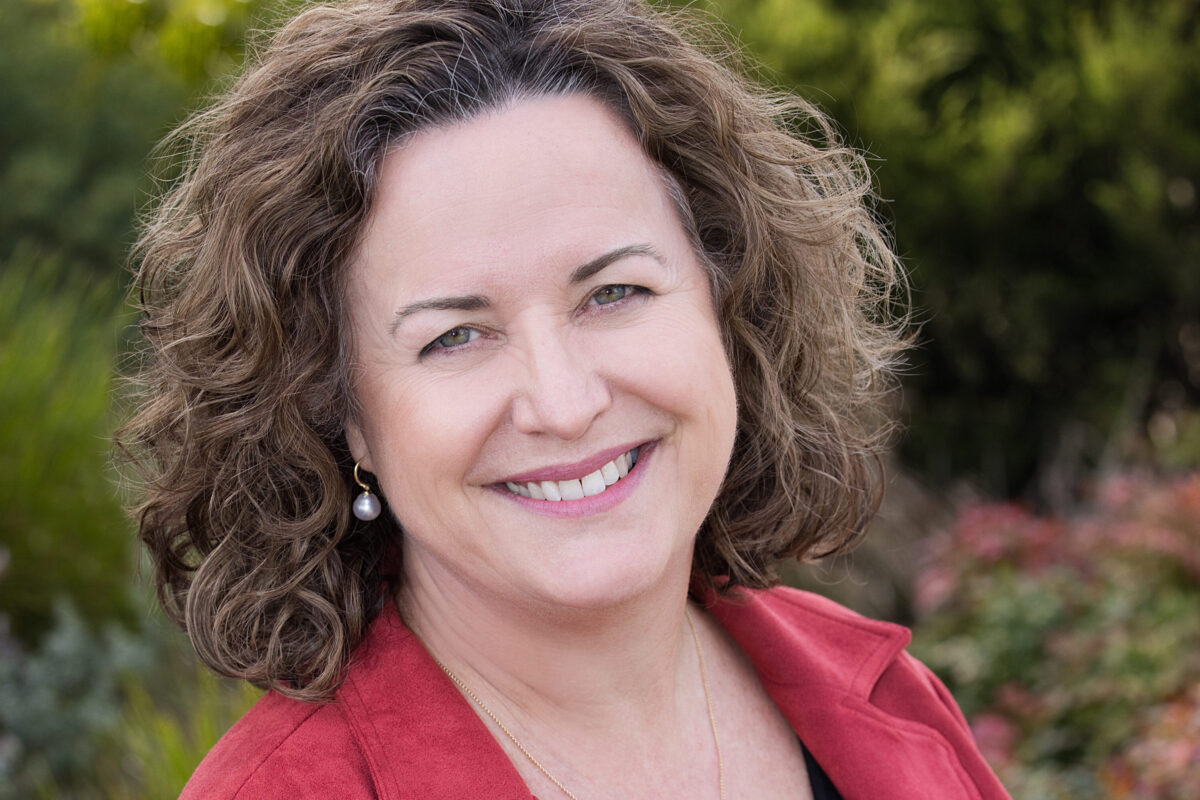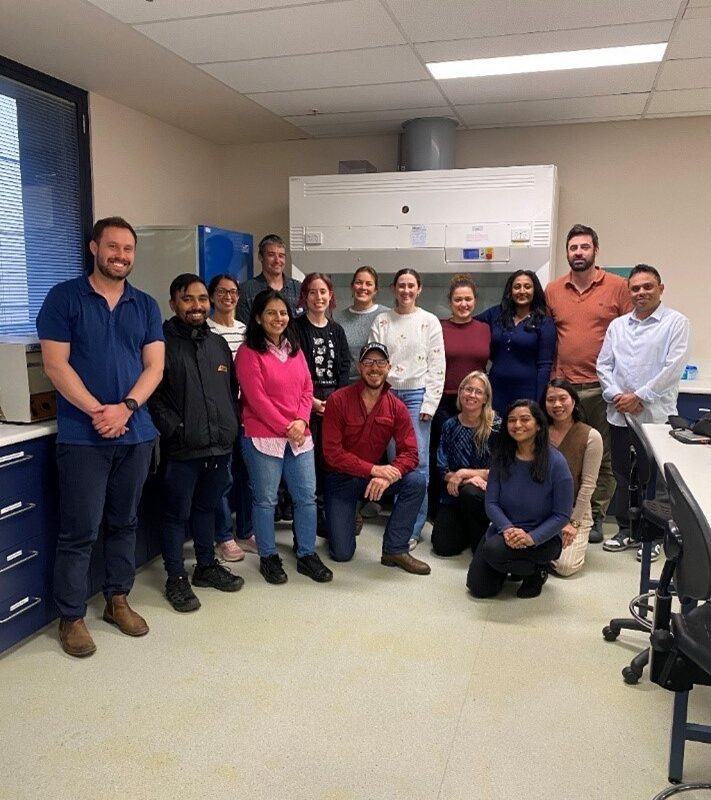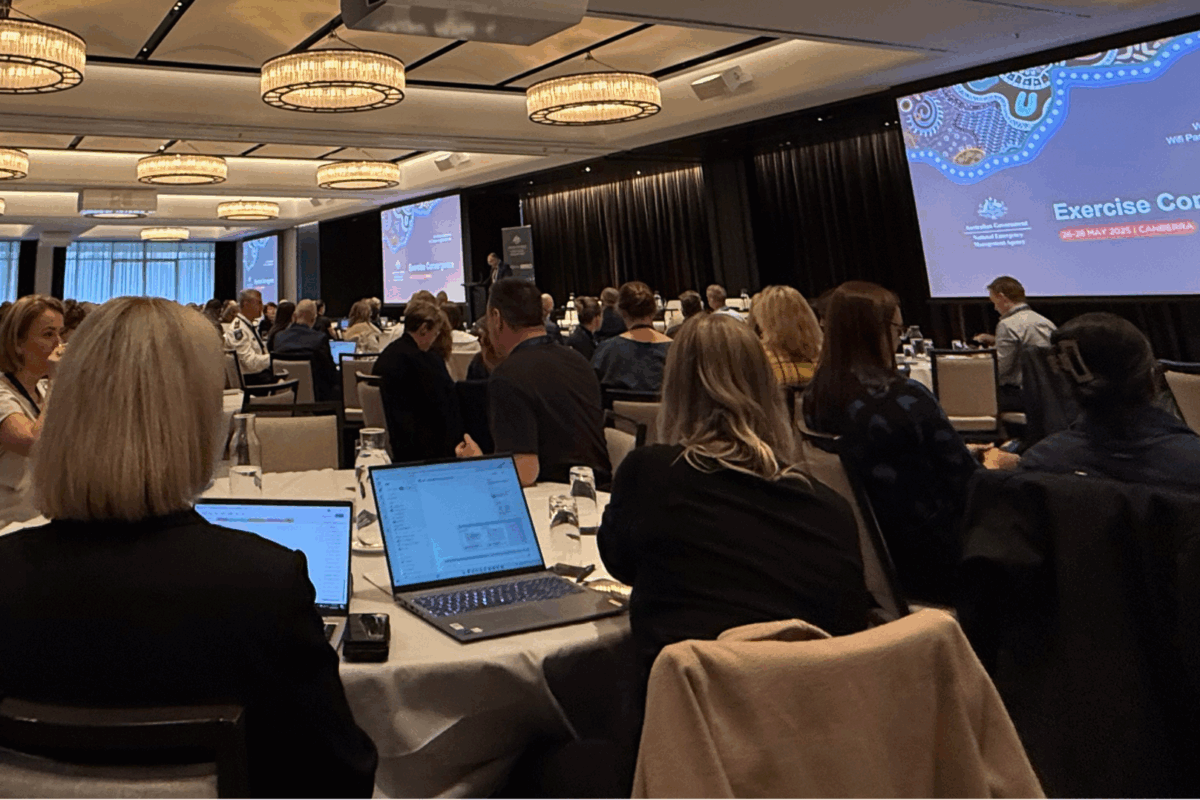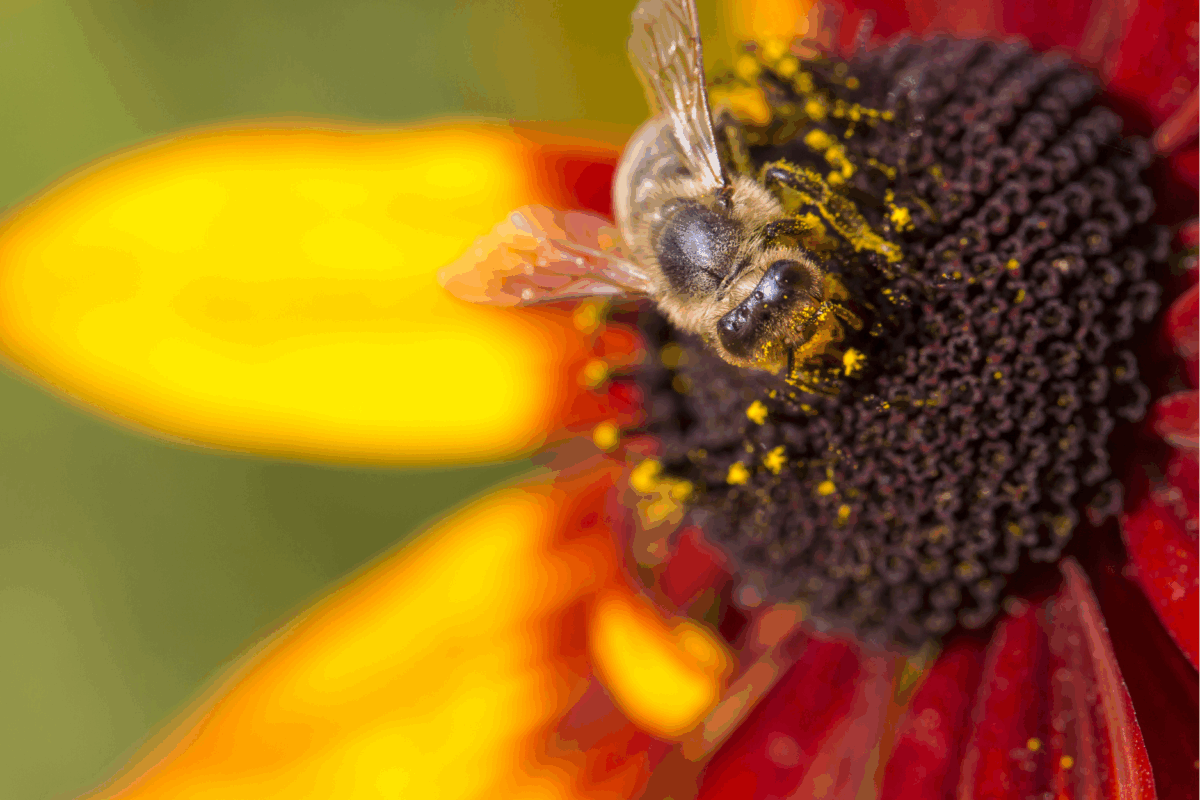Diversity in Agriculture Leadership Program recipient
Australian Grape and Wine’s biosecurity manager and advocate, Anna Hooper, was recently announced as a recipient of the National Farmers Federation’s (NFF) Diversity in Agriculture Leadership Program.
The program provides a mentoring opportunity for aspiring female leaders and builds a network of female leaders across the country, from diverse backgrounds and with differing skill sets – all with a passion for agriculture.
As the national peak body for wine and wine grapes, Australian Grape and Wine is a strong supporter of diversity and administers the wine sector’s Charter for Diversity and Gender Equality. At Australian Grape and Wine, Anna is responsible for environmental and economic sustainability policy and risk management, with biosecurity playing a central role in this.
Anna’s work contributes to encouraging continual improvement across a spectrum of environmental challenges, improving the sector’s resilience to those ‘slow burn’ type threats as well as building preparedness for significant disasters and shocks such as exotic pests and diseases.
“My vision is to see a more sustainable, resilient and biosecure Australian wine sector. The National Farmers Federation’s Diversity in Agriculture Leadership Program provides a perfect platform to work towards this,” Anna says.
In biosecurity, there is significant value to be derived from collaboration. Australian Grape and Wine already works closely alongside organisations such as Vinehealth Australia in South Australia and other state jurisdictions to encourage favourable biosecurity policy. The NFF’s Diversity in Agriculture Leadership Program opens further opportunities to network and learn from the experiences of inspirational women working in other sectors. Fellow participants’ experience spans market access in horticulture, sustainable beef cattle grazing in central Australia and veterinarian science up in the north of Western Australia.
“It’s been fantastic to find so many common interests amongst such a diverse group.”
Key themes have included the need to drive effective biosecurity investment by the Australian Government, finding new and effective engagement methods to drive adoption of best practice and innovation across agriculture. Other issues such as rural labour shortages and strategies to encourage the next generation into agriculture have also featured.
As well as learning and leveraging from others, the program provides an opportunity to share the success stories of the wine sector. Anna has been involved in the development of a Wine Biosecurity Emergency Response Plan and has recruited and upskilled a regionally diverse group of wine biosecurity professionals across Australia for potential roles as Industry Liaison Officers in the event of a pest or disease incursion. She works with Wine Australia and the Australian Wine Research Institute to provide oversight of the national sustainability program, Sustainable Winegrowing Australia, which now has a module dedicated to biosecurity.
“We have been really pleased to see an increase in growers seeking to improve their biosecurity practices in order to meet certification requirements of our sustainability program.”
The successful applicants have already had the opportunity to attend meetings in Parliament House with Members of Parliament and Ministers to discuss key issues facing agriculture sectors in their target to surpass $100 billion in farm gate output. This has included the need to reduce biosecurity risk and protect our plant industries from potential disasters. For example, xylella, should it become widely established, could be as devastating as it has been in California where it causes over $100 million in yearly losses to the grape industry alone.
As well as creating valuable networks of female leaders, the Diversity in Agriculture Leadership Program matches applicants with a mentor to work towards establishing and executing their leadership goals. The program is supported by a number of agriculture-focused organisations who have joined with the NFF, in committing to make meaningful change towards gender diversity within the leadership ranks of their industry. It concludes with a final session in Canberra this September.
